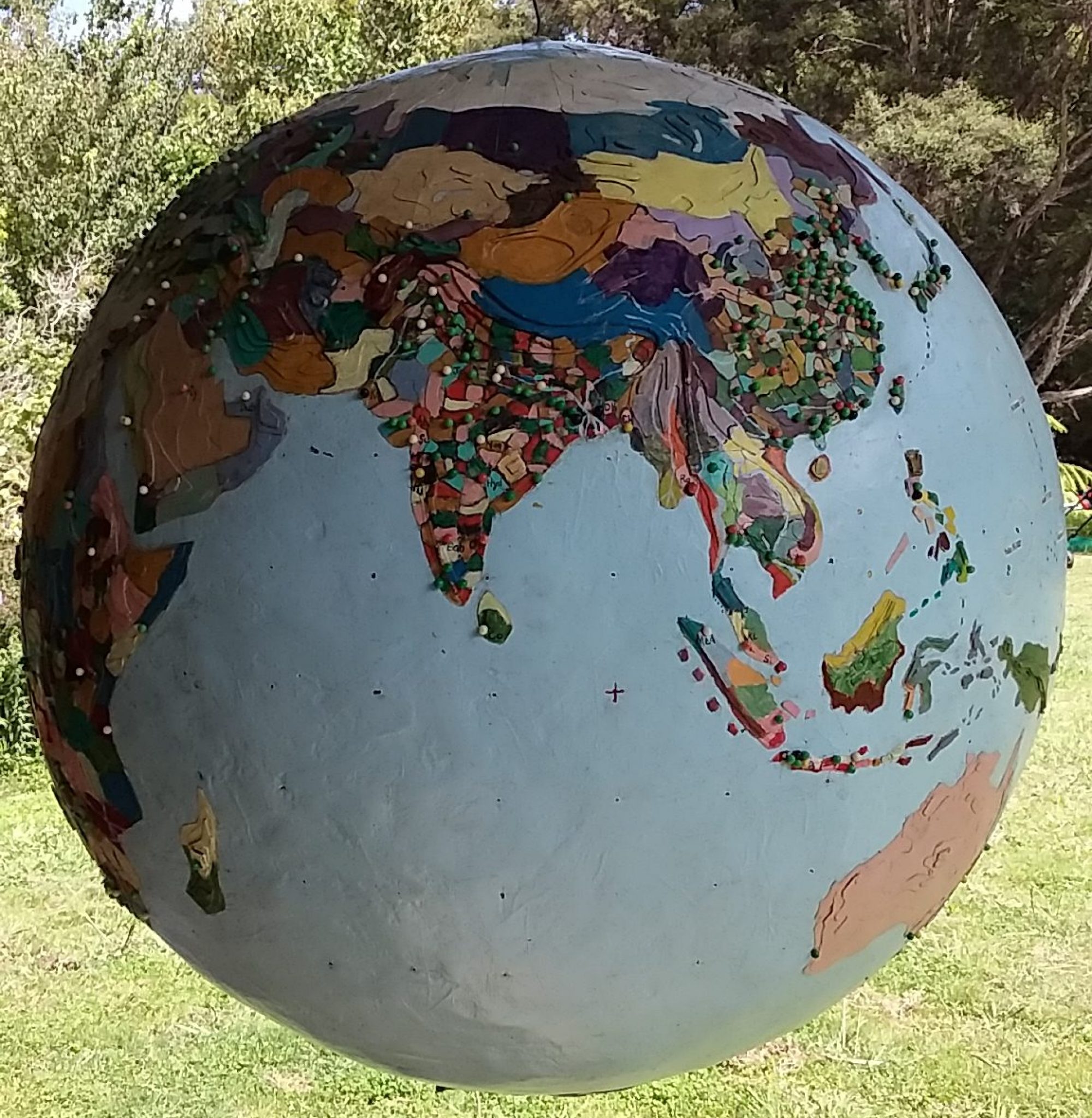Fred’s speech to the United Nations about the war in Syria
Mr Chairman
This speech marks the end of the two-year period in which New Zealand has been one of the ten elected members of the United Nations Security Council.
Last year New Zealand pointed out that the Security Council is an institution with failings. This year we go further and call the United Nations Security Council a failed institution. The problem is a structural one. The power of veto given to the five permanent members of the Security Council (USA, Russia, China, UK and France), merely because they were victors of the Second World War, means that the P5 negotiate positions before engaging us, the ten elected members, and that no action is taken if any one of the permanent five does not agree. This extraordinary imbalance of power is what is preventing action on Syria.
New Zealand challenges the authority of the permanent members of the United Nations Security Council for reasons other than structural ones. The Russian Federation was not one of the winners of the Second World War, it was the Union of Soviet Socialist Republics (USSR) who helped defeat Hitler’s Third Reich, therefore we challenge the right of Russia to be a permanent member of the security council.
Equally we question the right of the United States of America to still be a permanent member. The Security Council was originally set up to resolve conflicts and prevent wars such as we are seeing today in the Syria. Since the Second World War the USA has developed a massive global arms industry that has an economic interest in fuelling conflict, therefore we believe that America has lost any moral right to a permeant seat.
In summary New Zealand believes that the superpowers are part of the problem; that what we are seeing in Syria today is actually a proxy-war between Russia and America – the shared rationale being, to quote Henry Kissenger, “he who controls oil controls the world.”
Our previous Prime Minister, Helen Clark, has said that a solution to the war in Syria would take the “wisdom of Solomon” and would involve external actors from both within the region and beyond, referring to both the USA and Russia as well as Iran, Saudi Arabia, Turkey and Israel.
Some of the causes for the war in Syria go can be traced back to the First World War and the division of the Ottoman Empire, but there are others. Resource depletion from overpopulation is one – although the Syrian birth rate has fallen from seven children per woman in the1960s to three at the present day. From 2006 to 2009 Syria experienced its worst drought in living memory resulting in a million pastoralists moving to the towns and cities, joining the 1.5 million refugees from the war in Iraq that Syria was already hosting. This contributed to overcrowding, worsening unemployment and rising tensions.
The first thing that is required on the ground is a nationwide ceasefire. The main suppliers of arms to the conflict are in order of magnitude, starting with the largest: America, Russia, China and then Israel (recently moving from position six to position four). If the flow of arms from the superpowers, either directly or indirectly, to the various factions in Syria were to stop then the conflict would simply run out of bullets and the process of reconstruction could begin – it is estimated that there are over a thousand different armed militias with constantly shifting alliances operating in Syria today.
The sheer complexity of the situation on the ground is compounded by various religious disputes. As the numerous sects of Judaism, Christianity and Islam embrace fundamentalism and then turn inhumanly on one another it is useful to remember that Moses, Jesus and Mohamed were all Middle Eastern Semites.
Mr Chairman, members of the United Nations Security Council, thank you for giving us the time to present what we think are the causes of the awful conflict in Syria. Next week we will outline our plan to bring peace.
